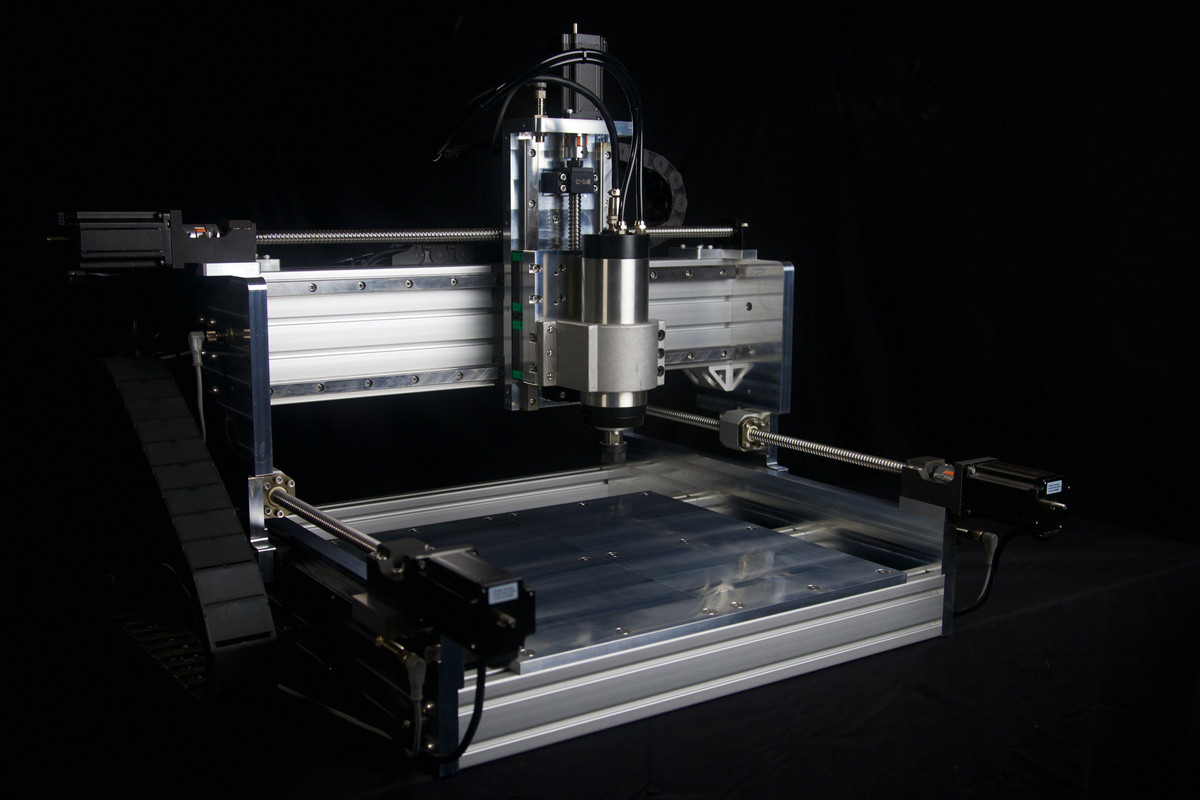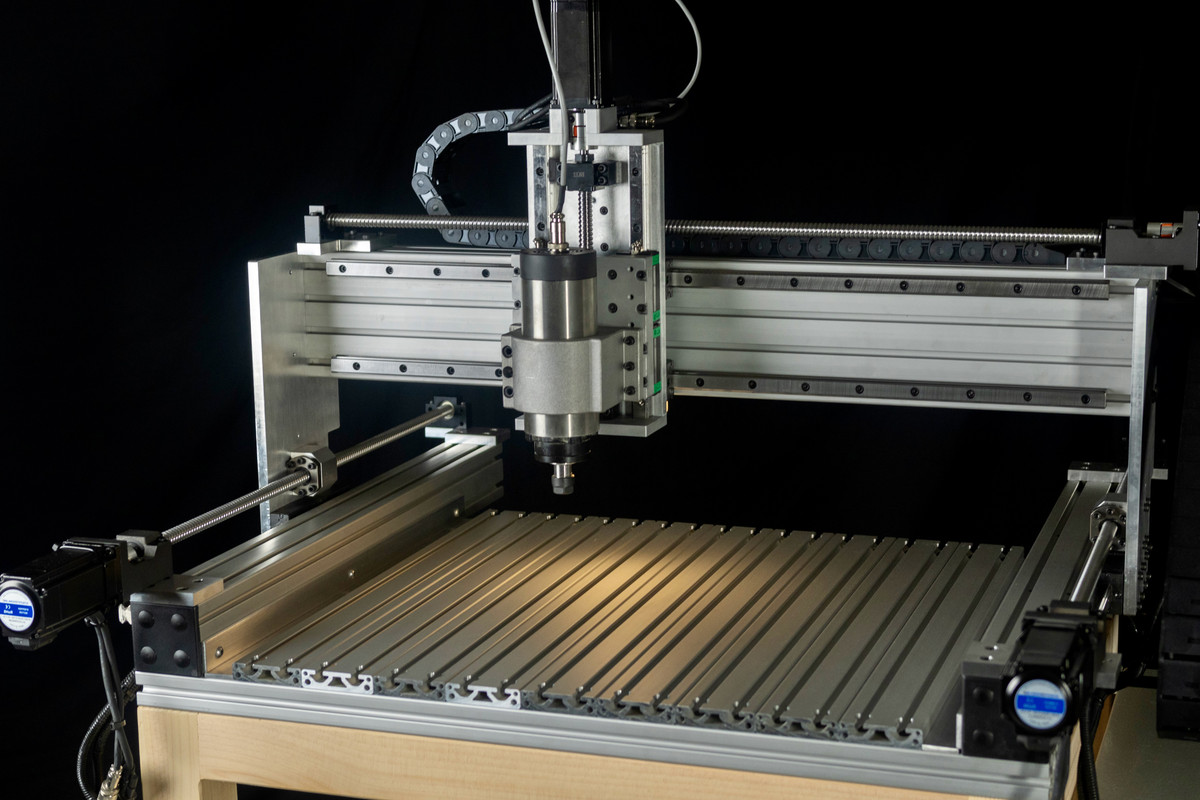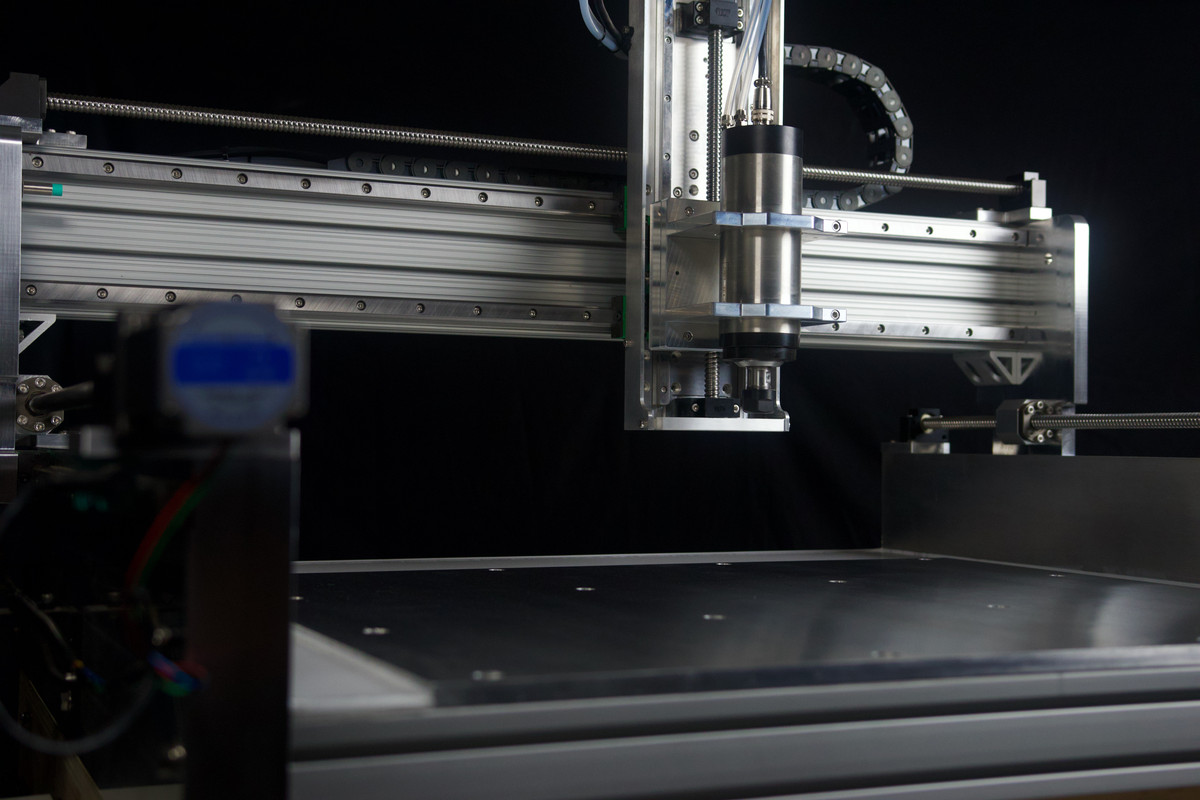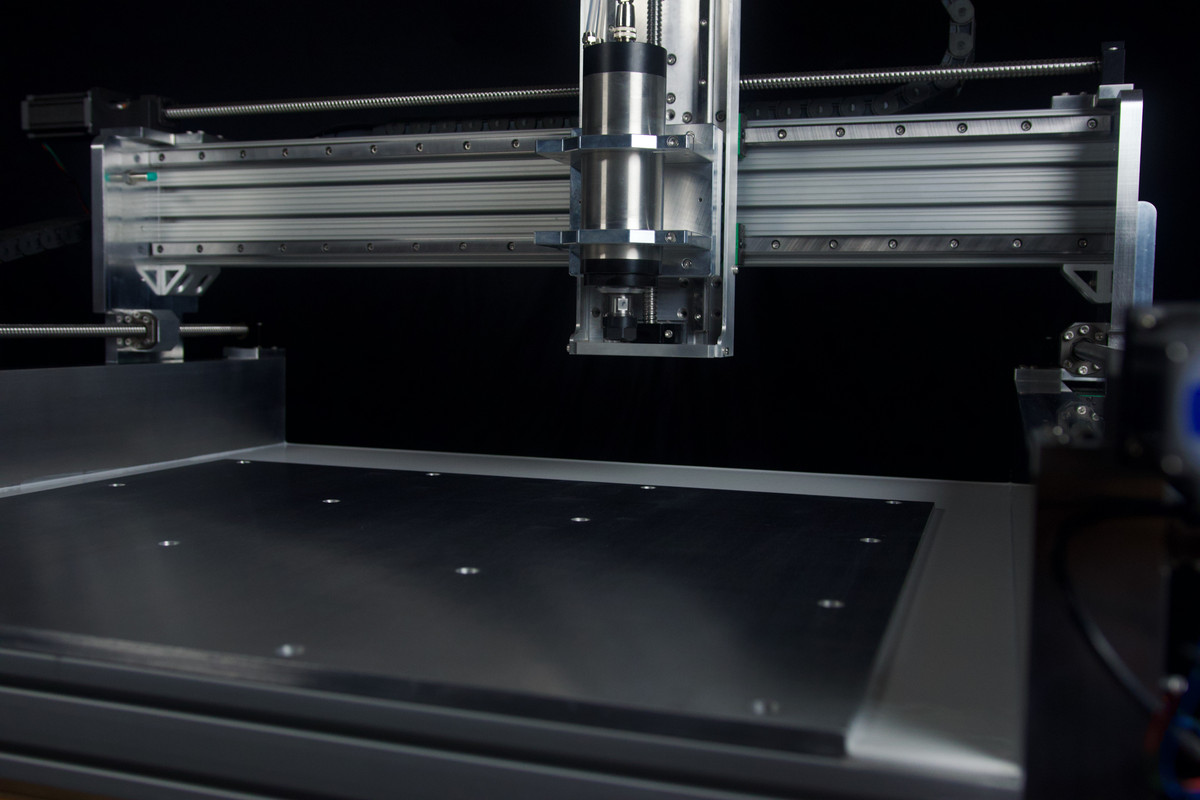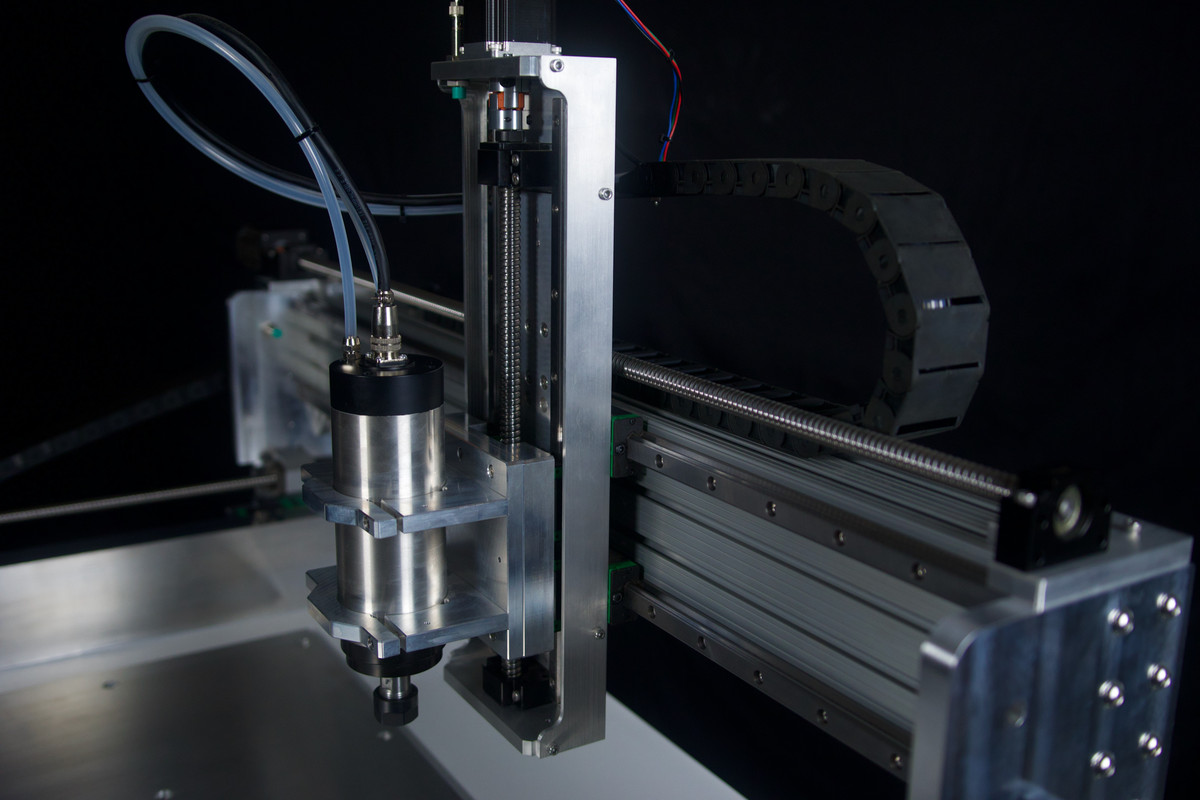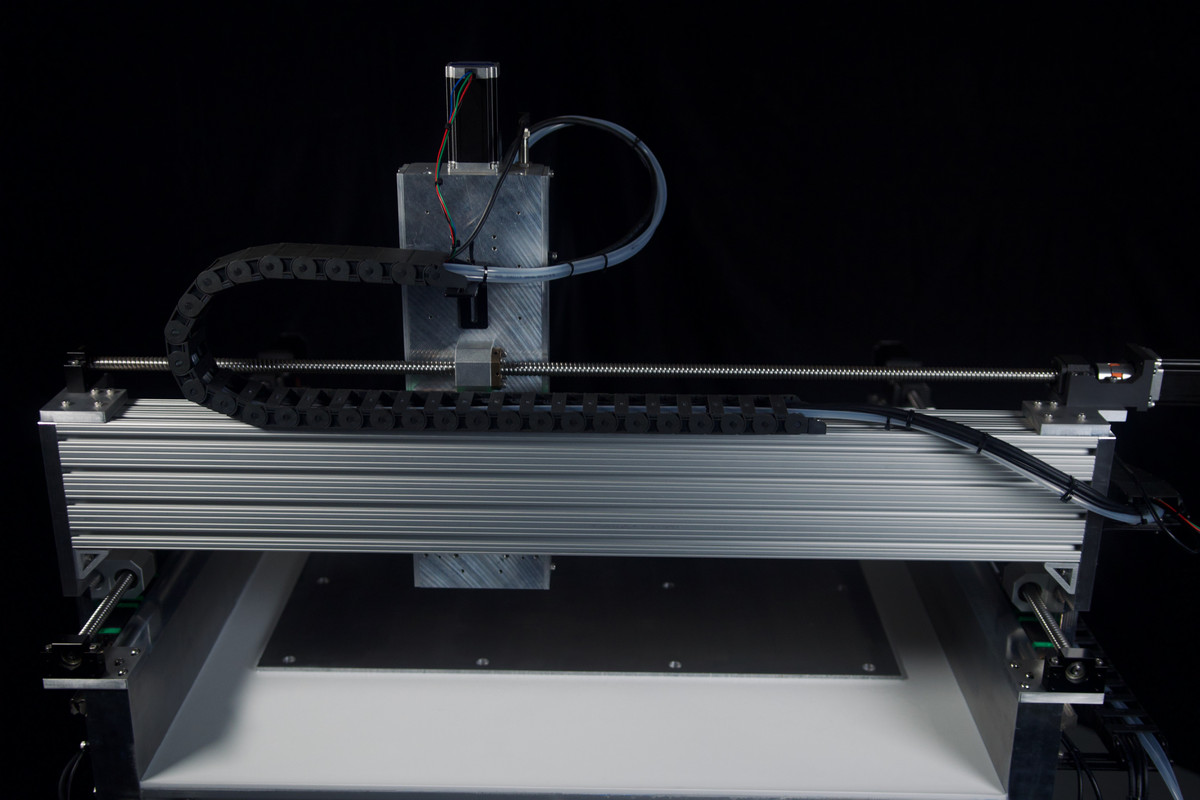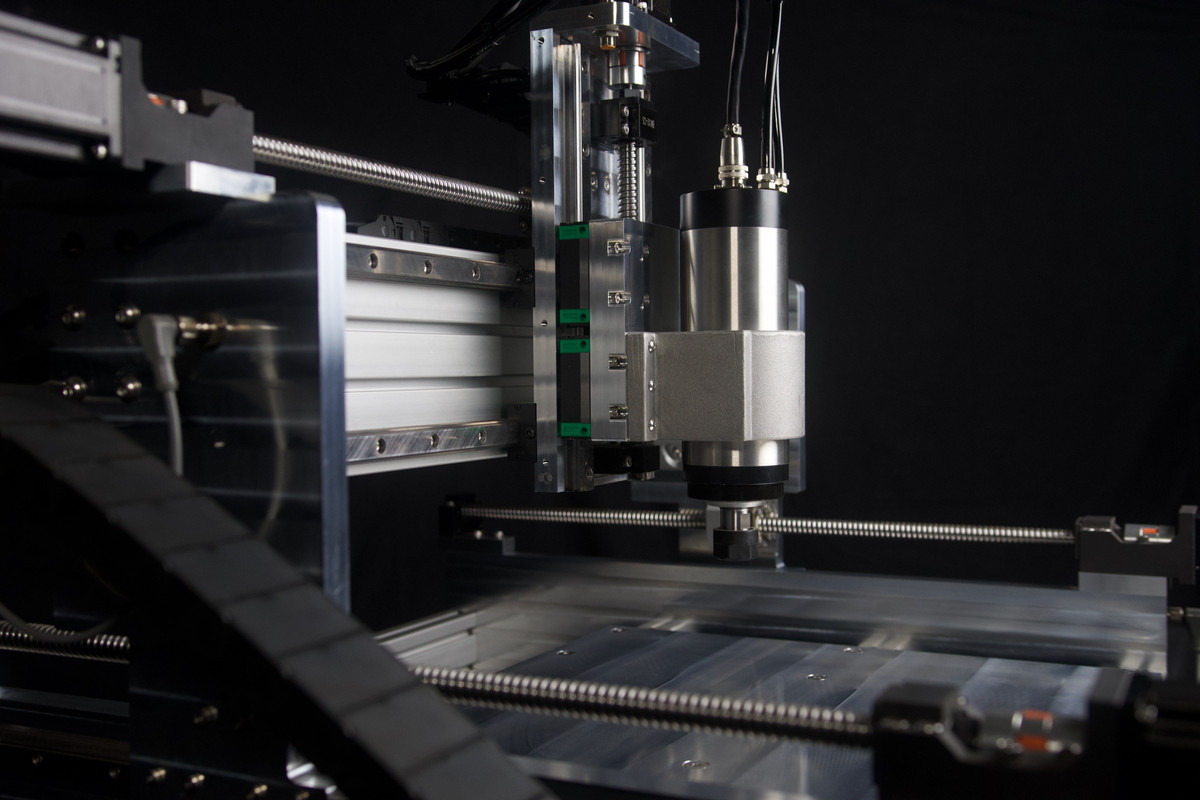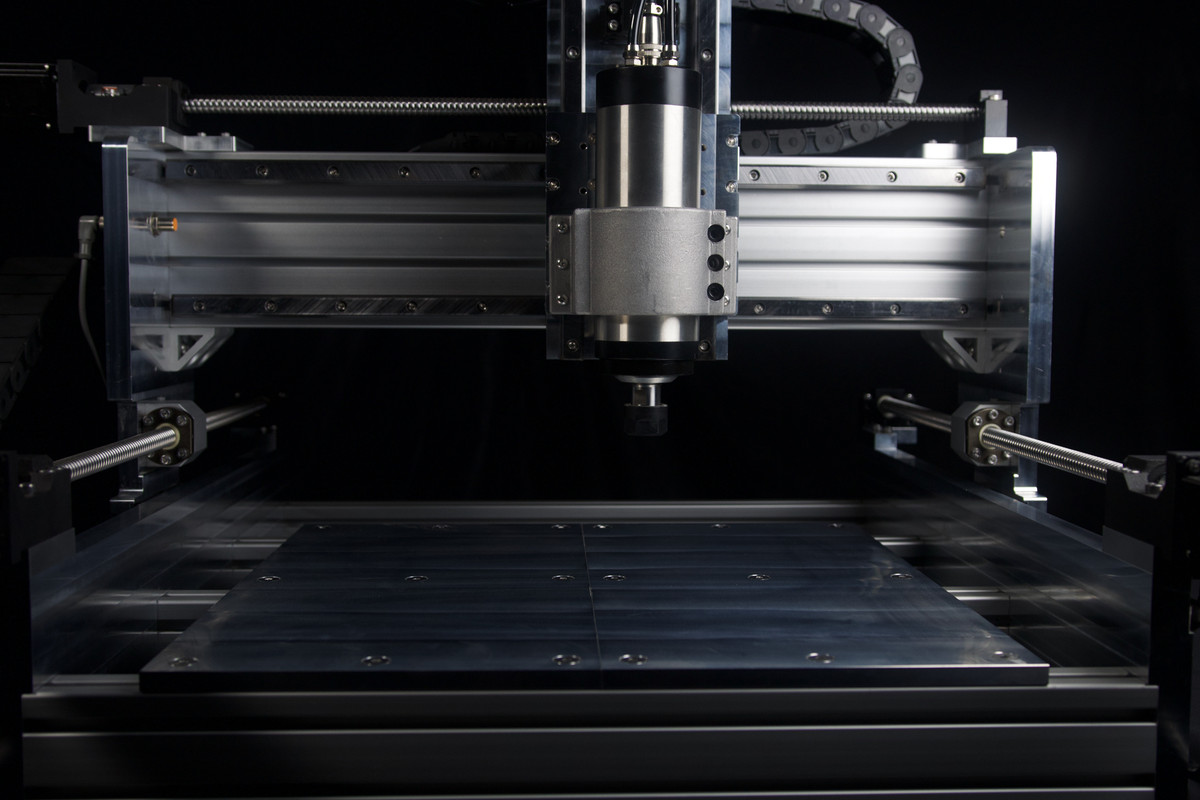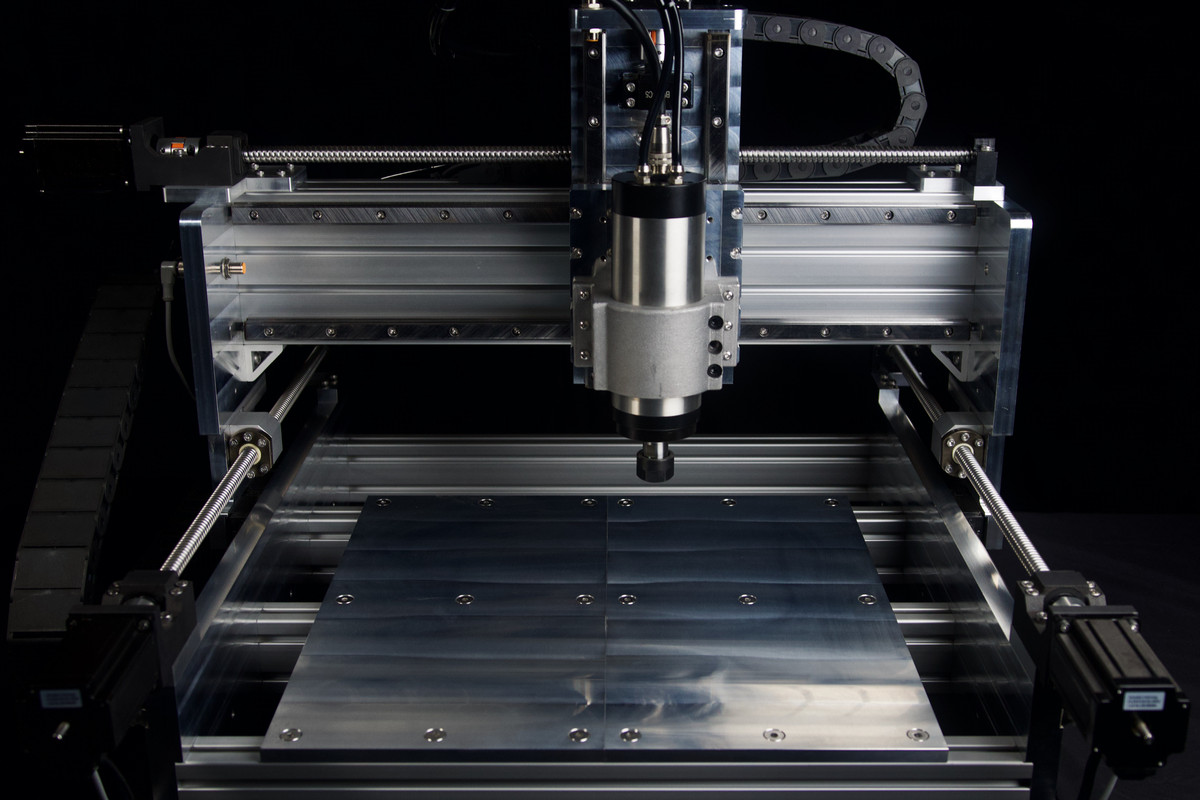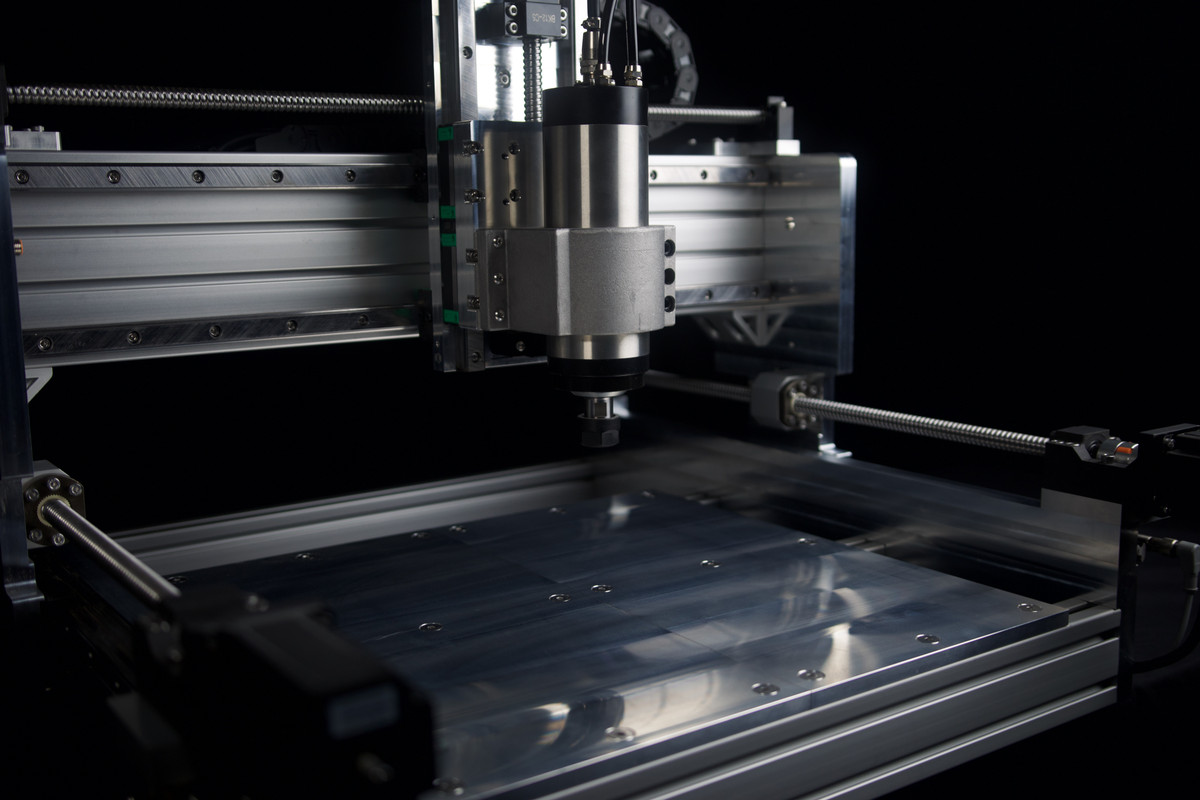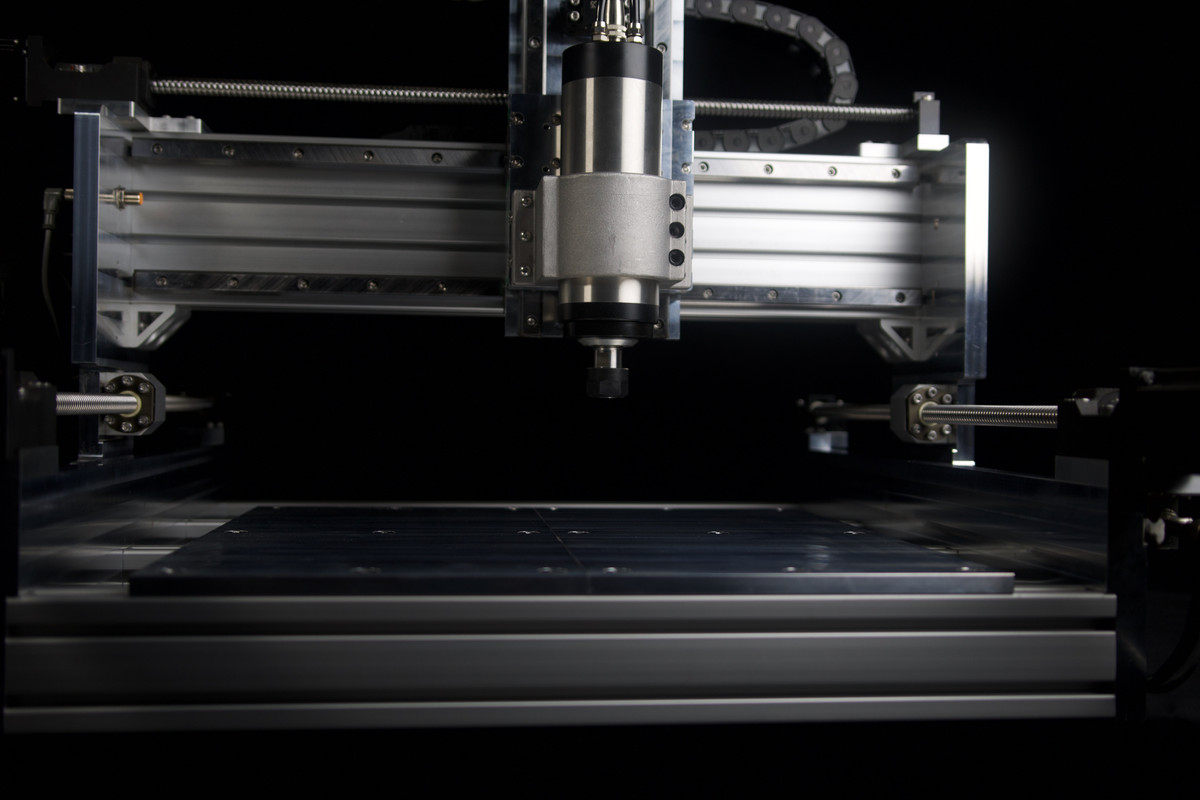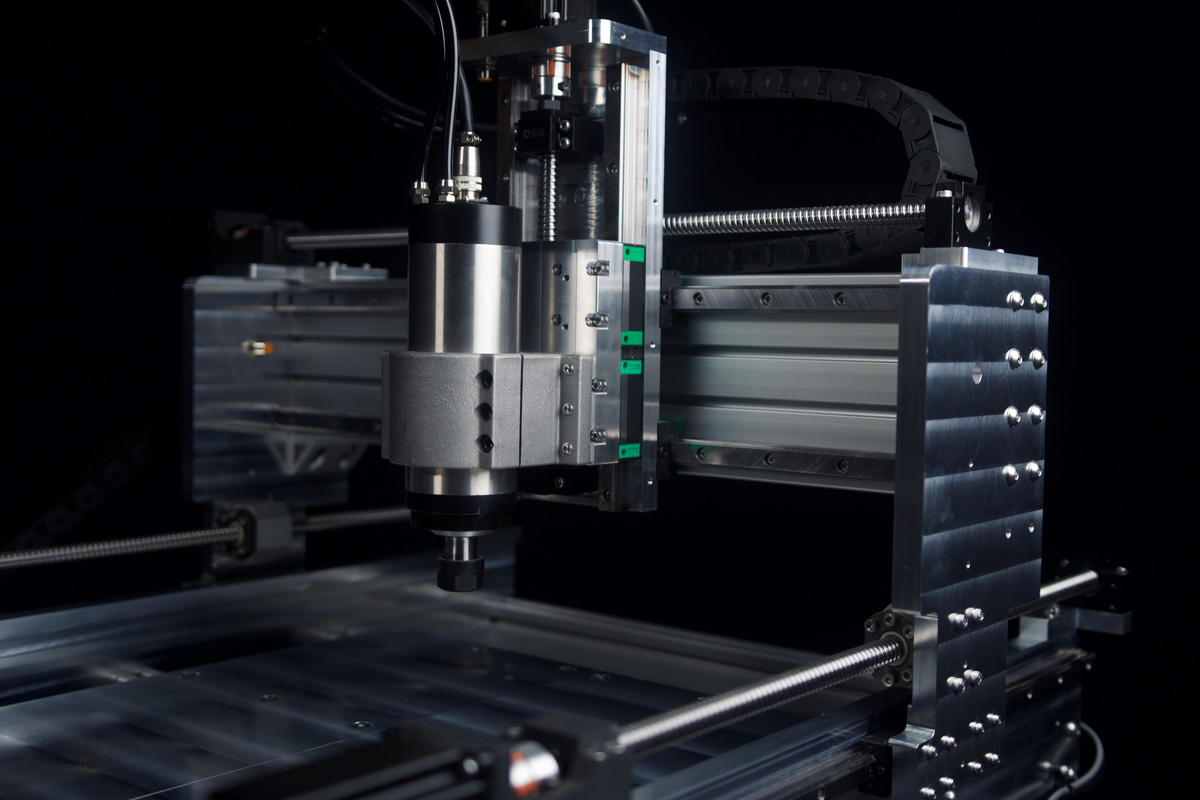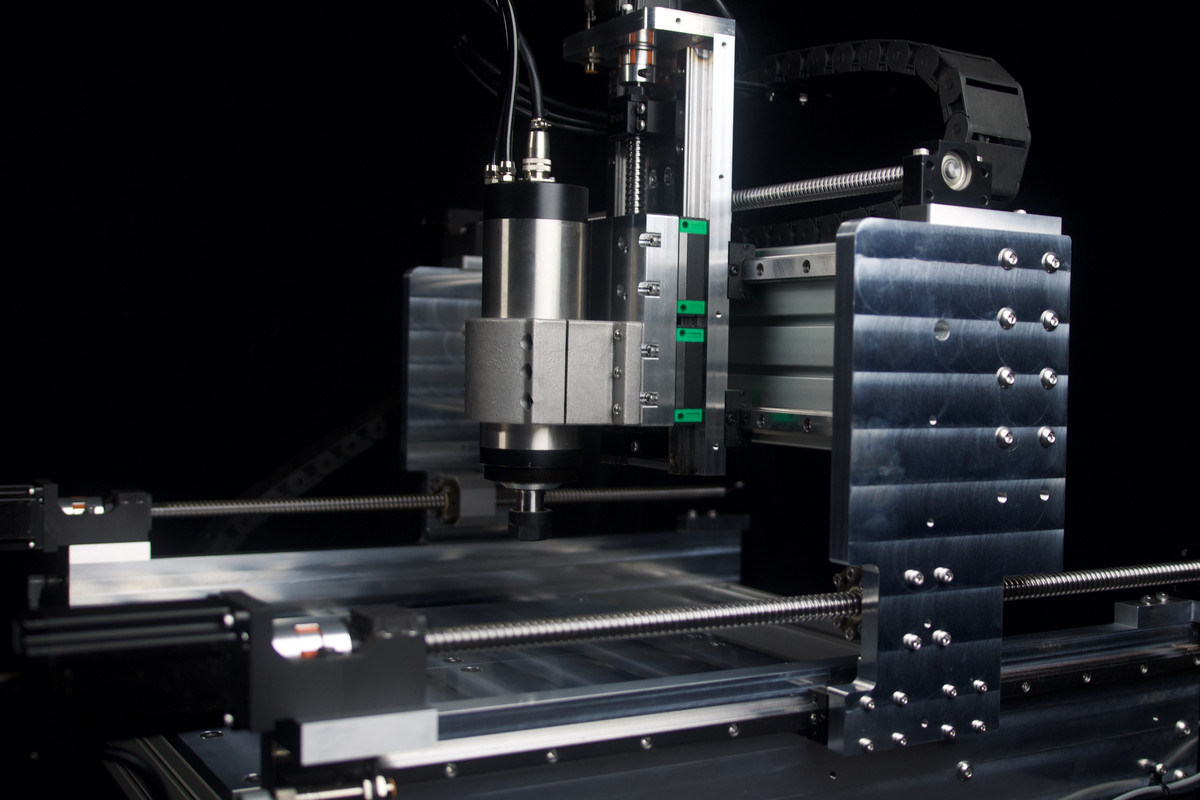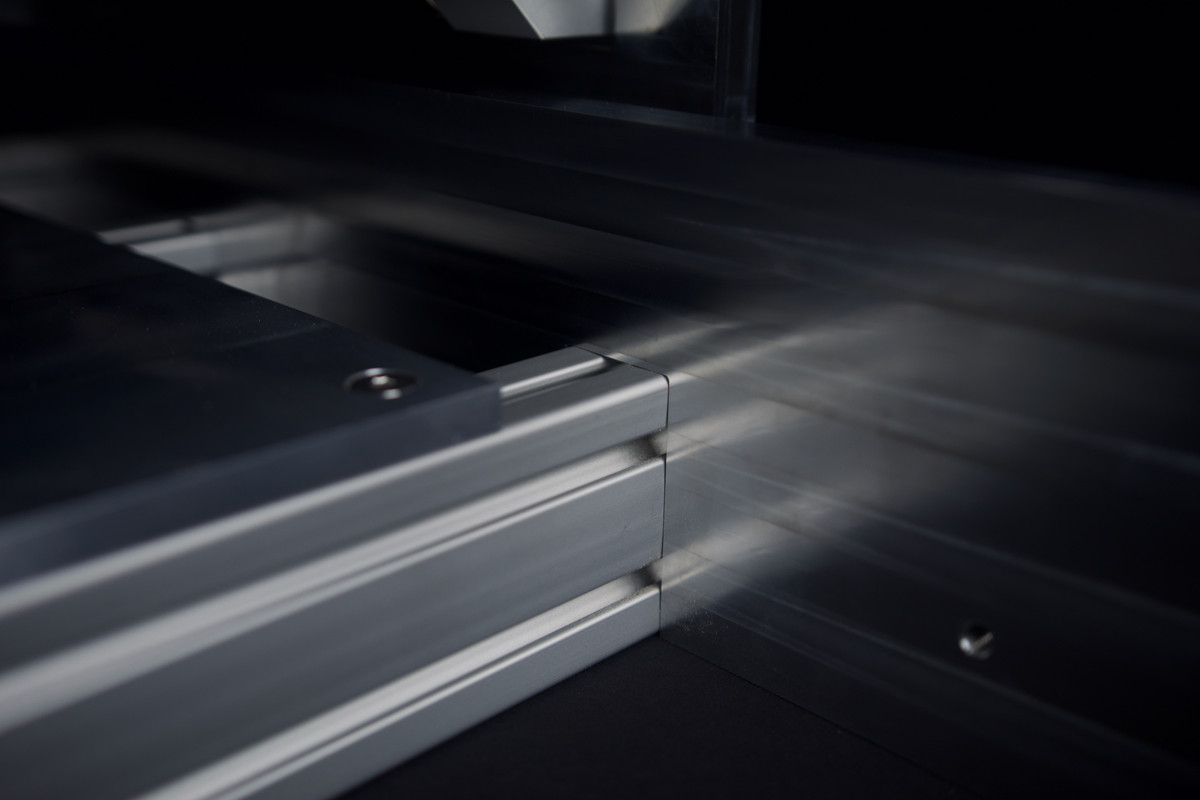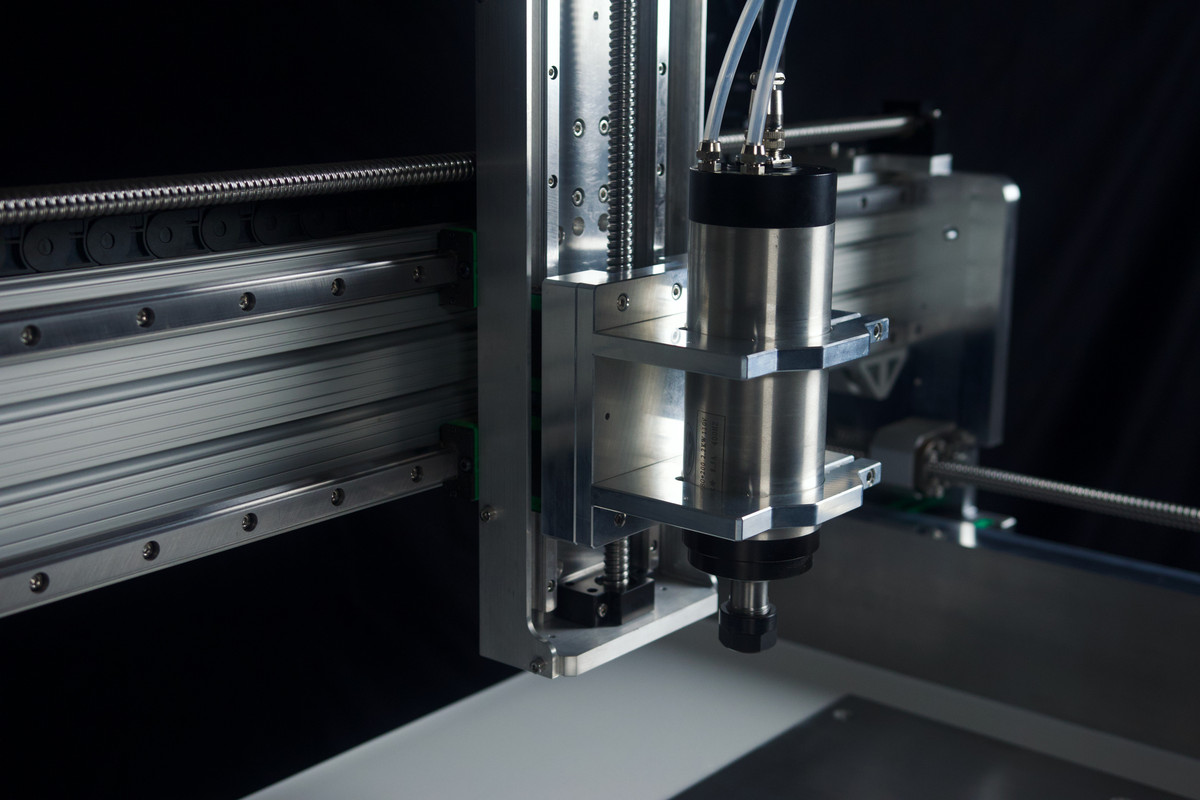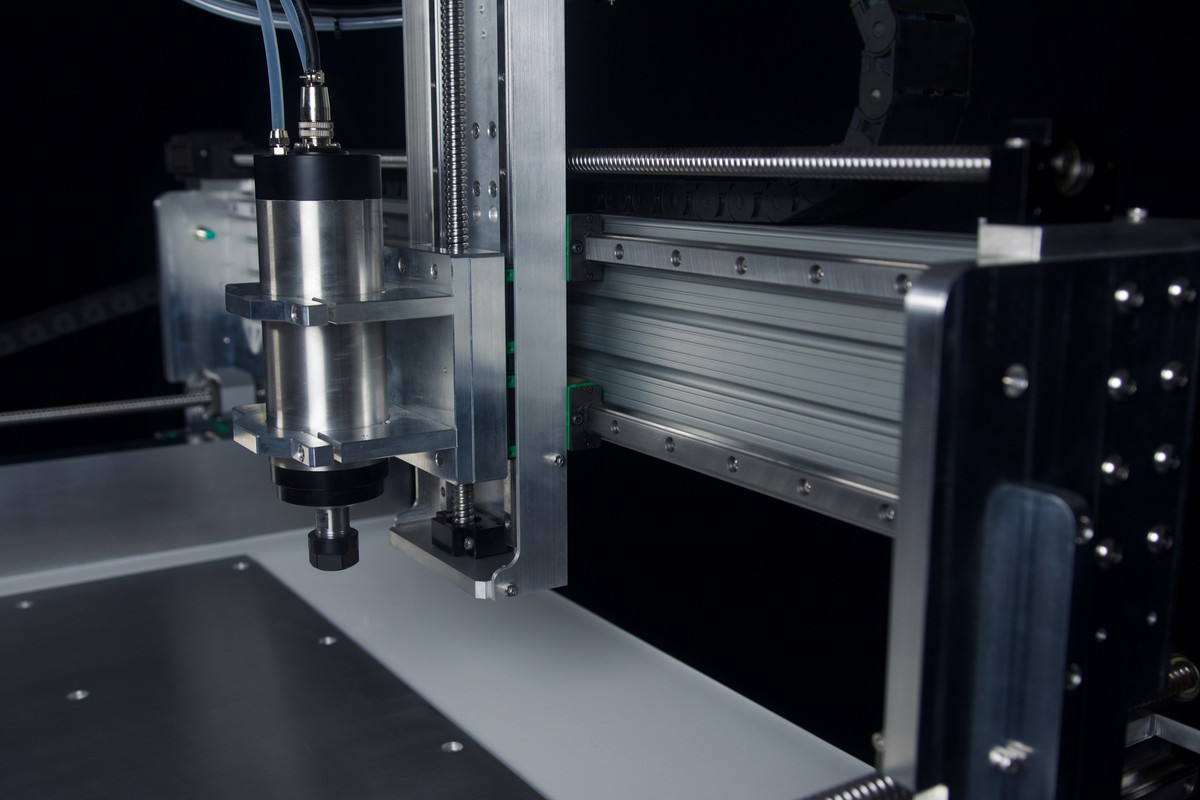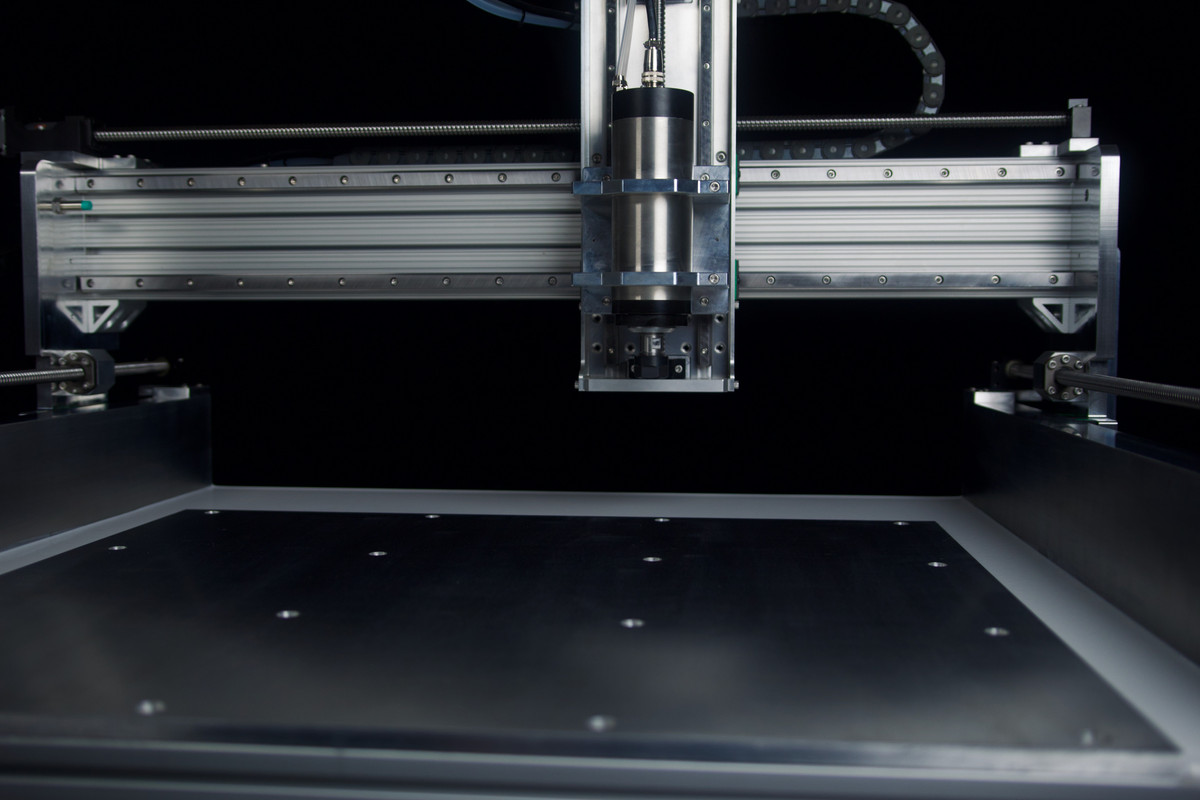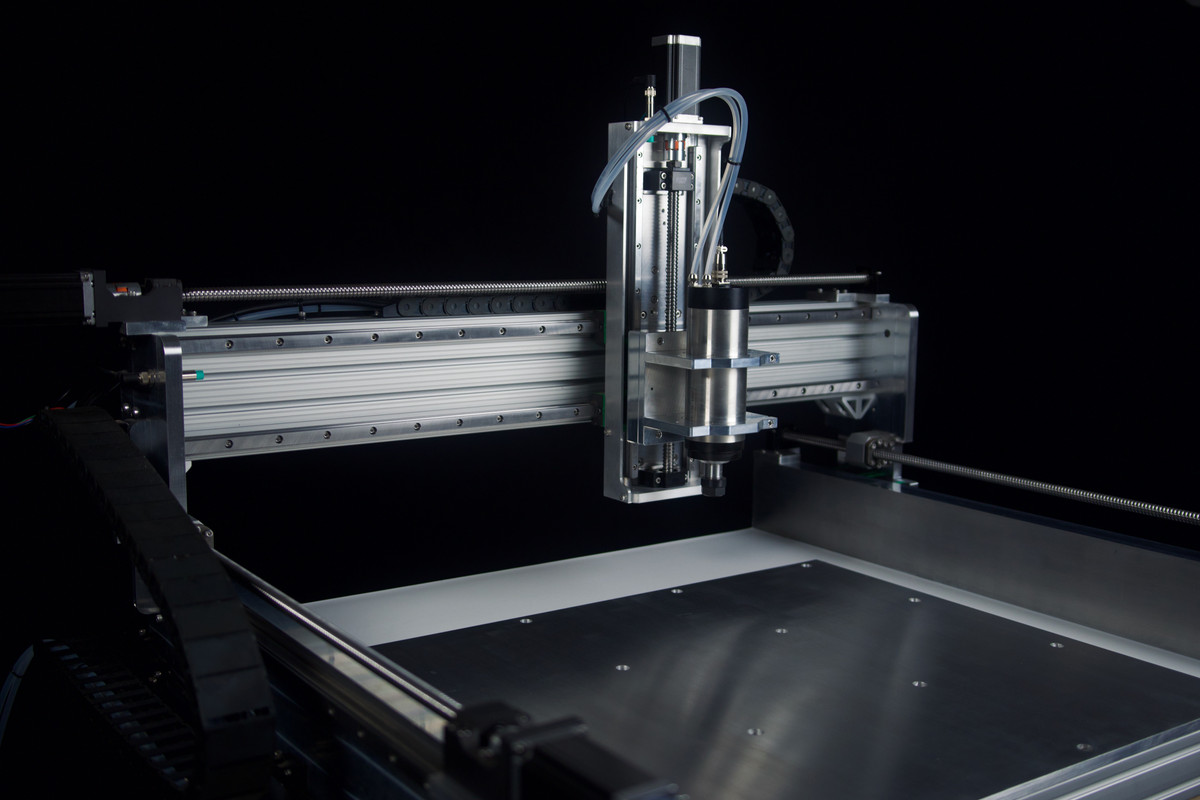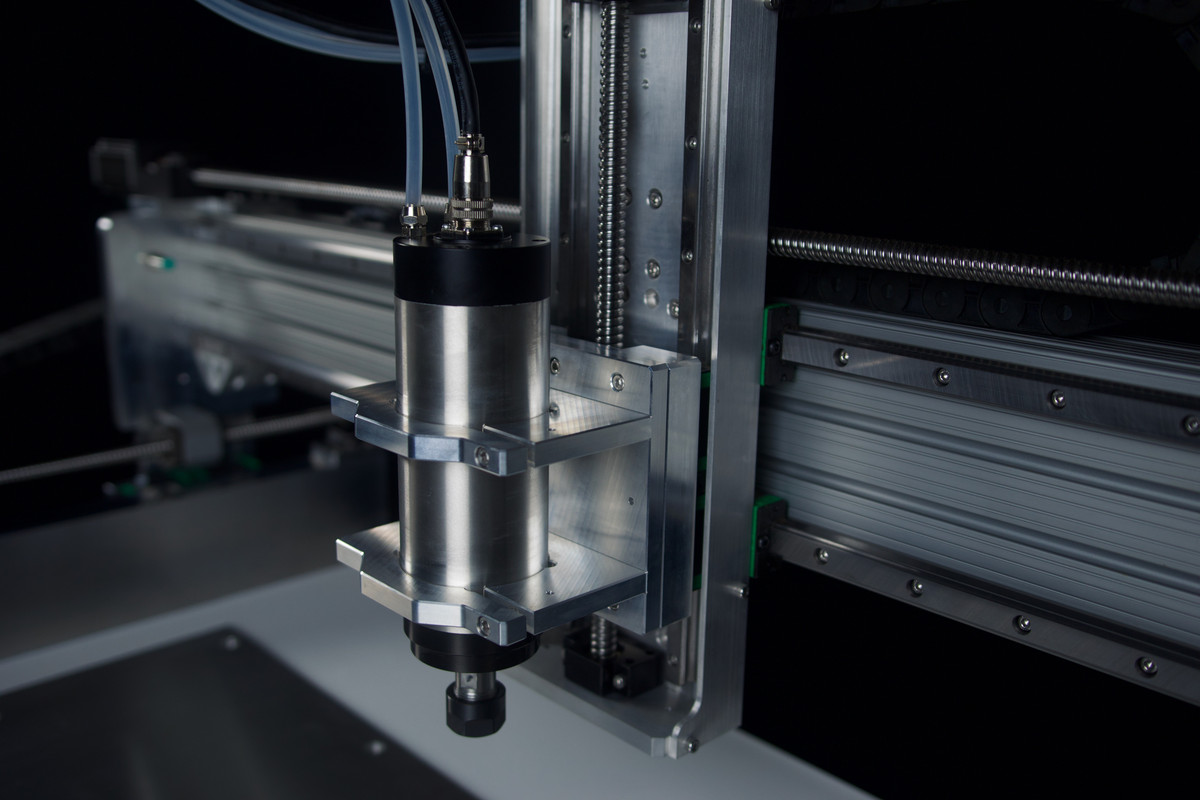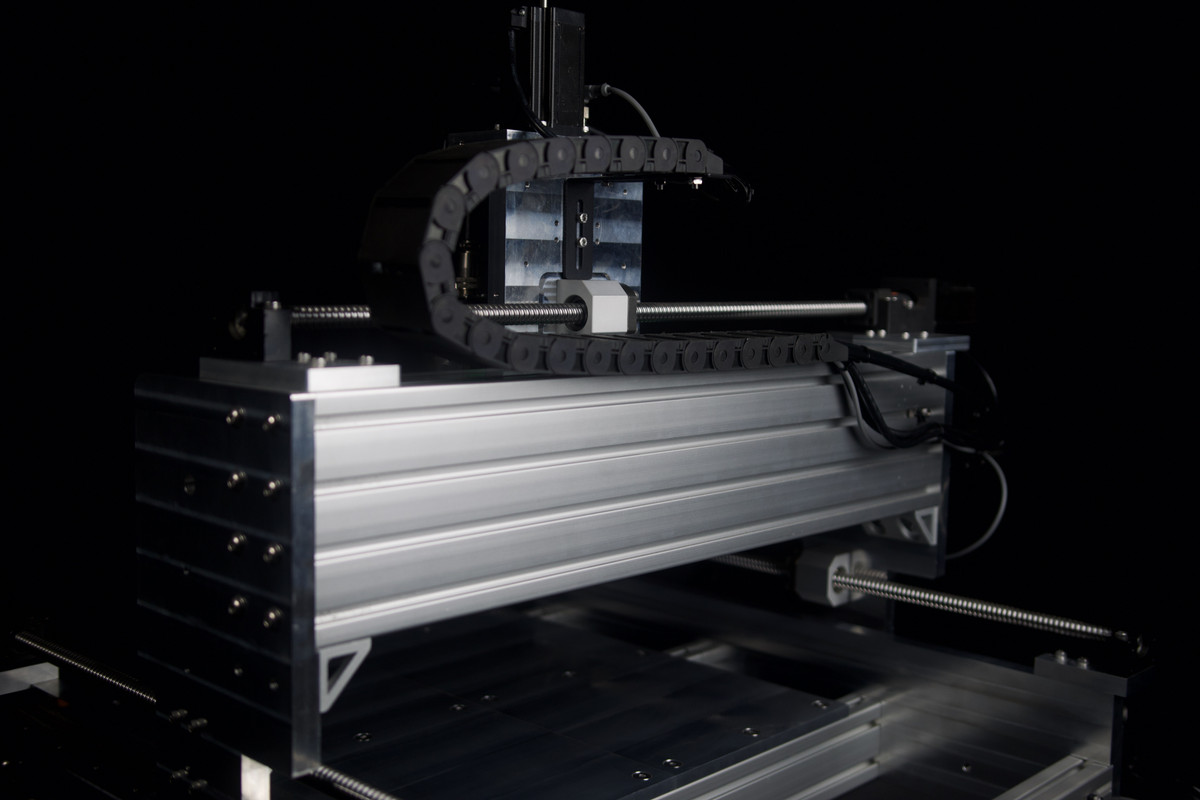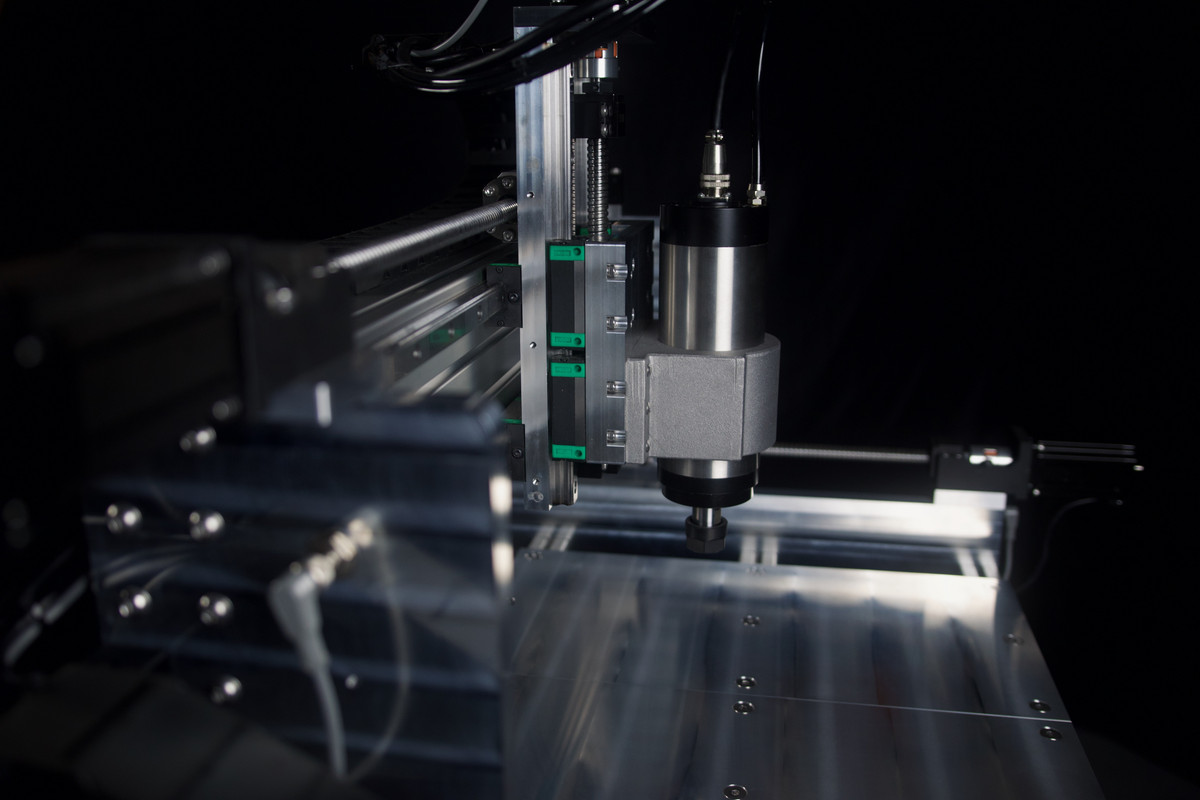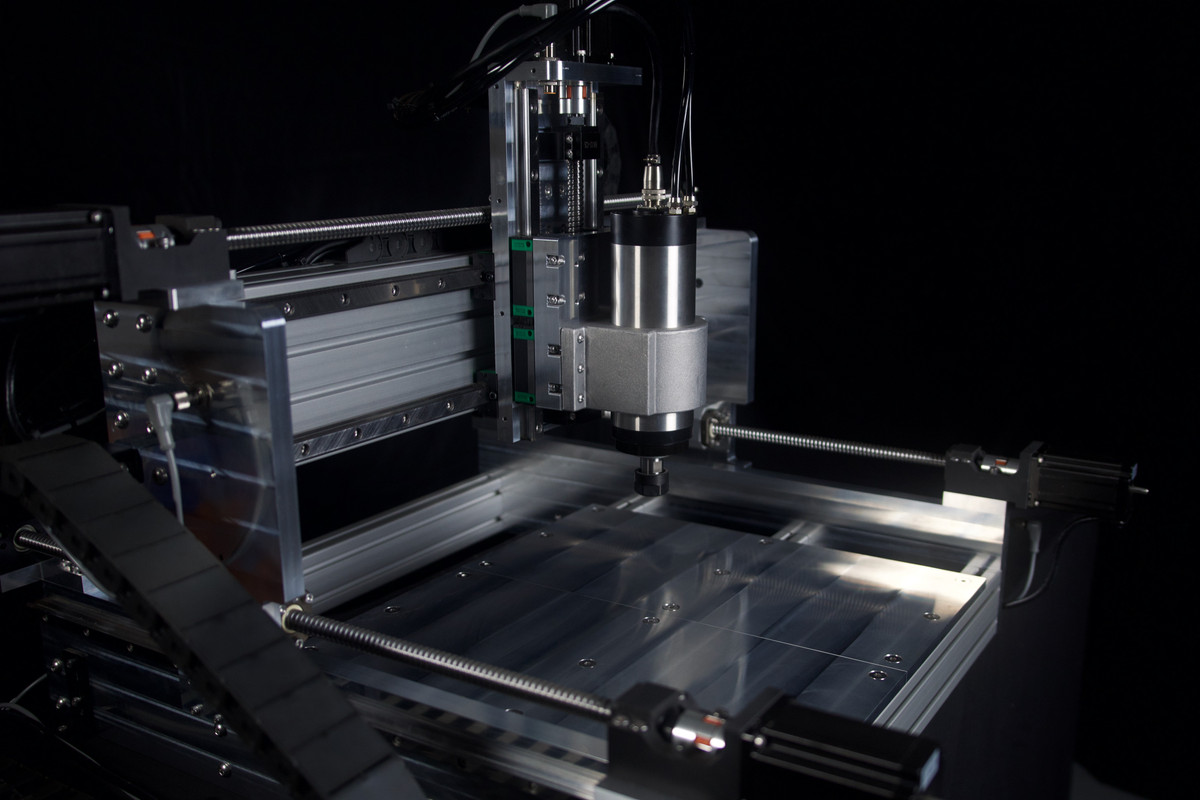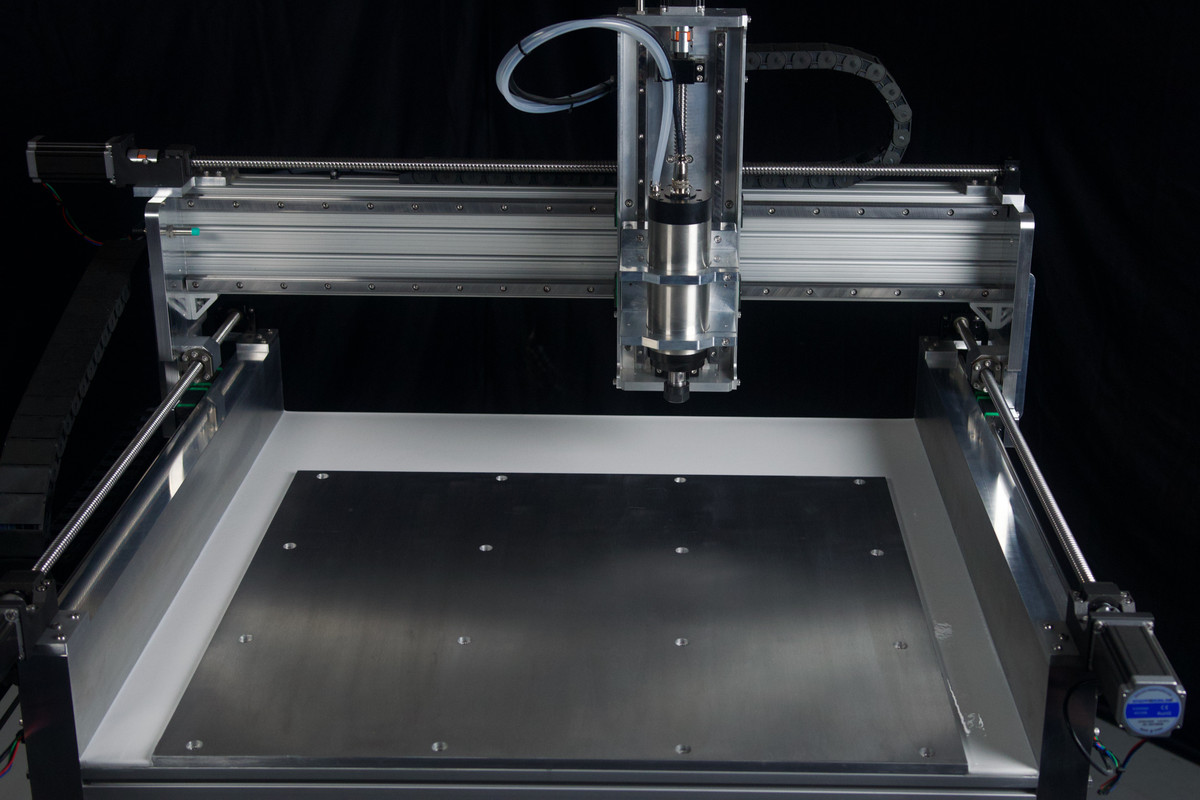Stop Wasting Thousands on the Wrong Machine.
Professional Machines
Start at $10,000+ and require tons of experience to operate.
Hobby Machines
Cheap components are quickly outgrown or fail, forcing expensive upgrades.
The CNC Pro V3 is Different
We've engineered a professional-grade machine that bridges the gap. You get industrial-quality components and precision without the industrial price tag. No compromises, no corners cut, just pure performance.
Best of all, the plans are open source, and you can get started building your CNC Pro V3 right now, completely for free.
Modular
Transform your CNC between router, mini mill, or gantry configurations in minutes. No need to buy multiple machines when one adapts to every project. Save thousands while maximizing your workshop's capabilities.
Precise
Achieve tolerances of ±0.001" with industrial-grade linear rails and ball screws. Your parts will fit perfectly the first time, every time. Stop wasting material on failed cuts and enjoy professional results.
Rigid
Built with 80/20 aluminum extrusion and steel reinforcements for zero flex during heavy cuts. Machine aluminum, hardwood, and even steel without chatter. This rock-solid foundation ensures years of reliable service.
Fast
Rapids up to 1000 IPM and cutting speeds that rival machines costing 5x more. Complete projects in hours, not days. Your time is valuable, and the CNC Pro V3 respects that with blazing fast performance.
Easy
Clear step-by-step instructions with detailed videos guide you through every step. Active community support means you're never alone. From first-time builders to experienced makers, everyone succeeds with our proven system.
Reliable
Quality components mean less downtime and more creating. No more replacing worn-out parts every few months. Built to industrial standards with readily available replacements, your CNC Pro V3 keeps running year after year.
